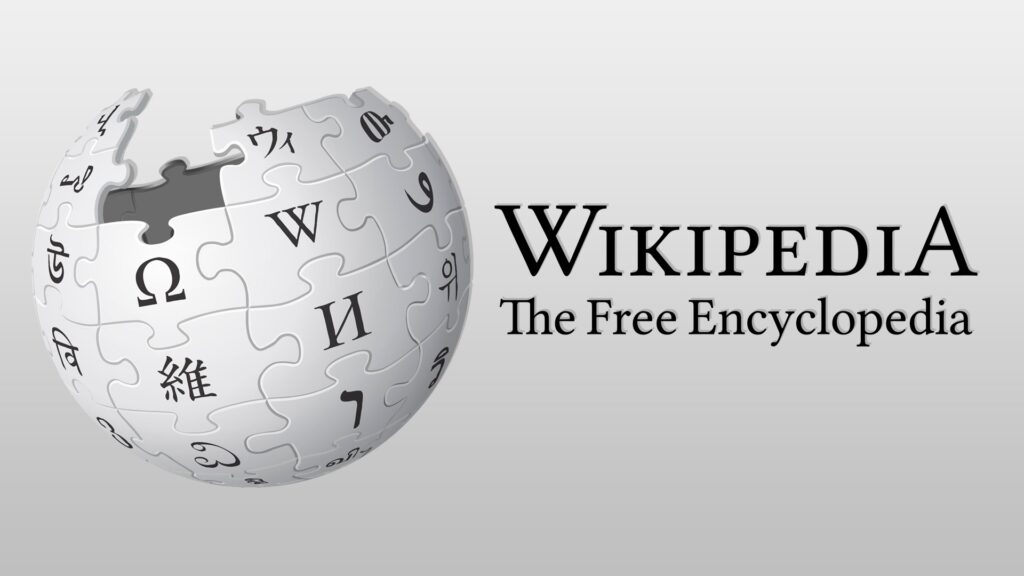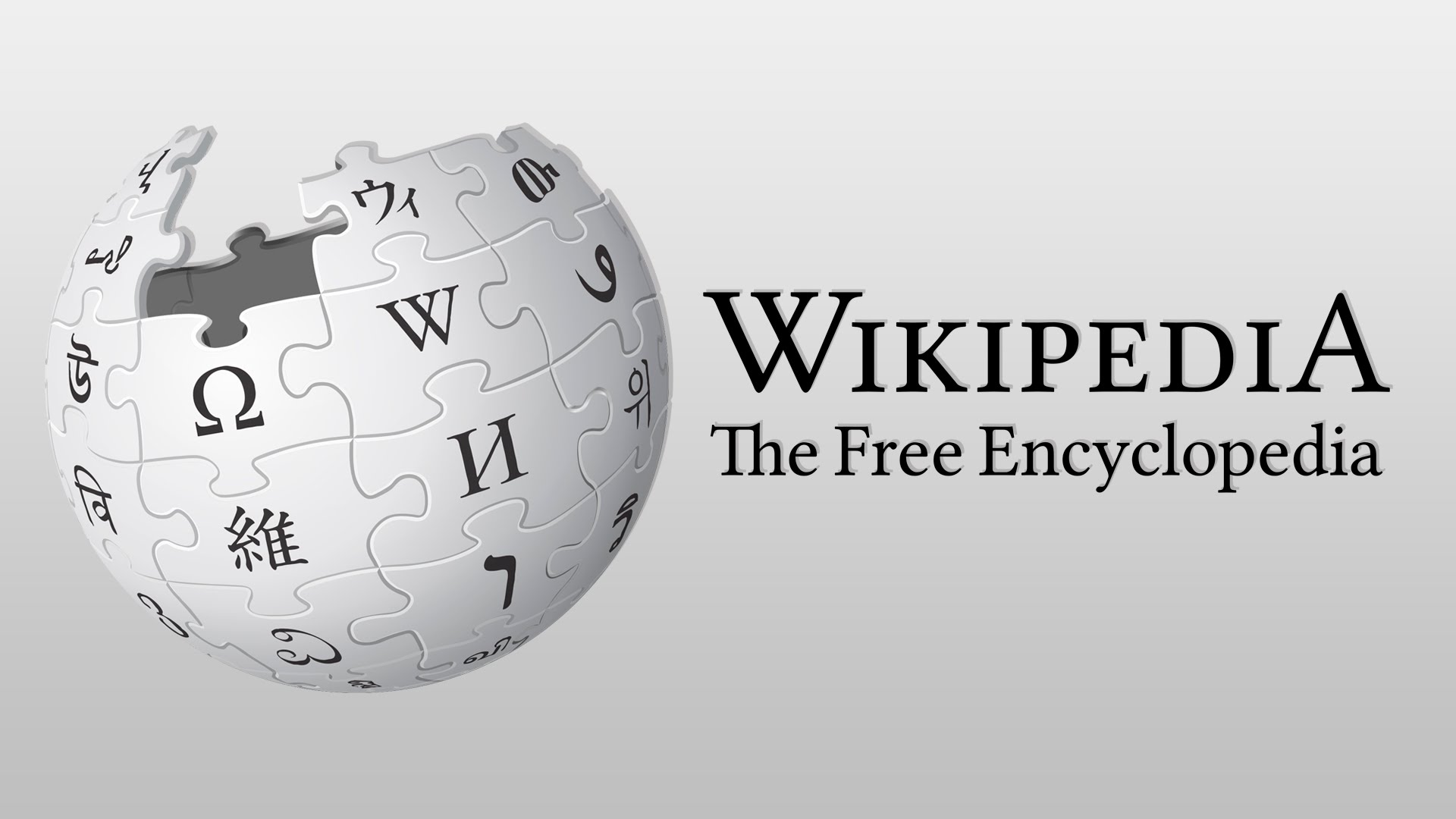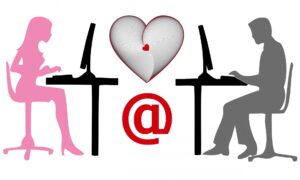Wikipedia: Unraveling the World’s Collective Knowledge – Wikipedia stands as a testament to the power of collective human effort in the digital age. It’s not merely a website; it’s a global repository of knowledge, a virtual encyclopedia accessible to anyone with an internet connection. Let’s delve into the depths of Wikipedia, exploring its origins, impact, controversies, and what the future holds for this iconic platform.
Wikipedia: Unraveling the World’s Collective Knowledge

History and Background
Wikipedia was founded in January 2001 by Jimmy Wales and Larry Sanger. It emerged from the earlier project Nupedia, which aimed to create a free online encyclopedia written by experts. However, Wikipedia’s open editing model revolutionized the concept, allowing anyone to contribute and edit articles. This democratization of knowledge marked a significant shift in how information is created and disseminated online.
Wikipedia’s Mission and Vision
At its core, Wikipedia is driven by a noble mission: to provide free access to the sum of all human knowledge. Its vision encompasses a world where every single person can freely share in the sum of all knowledge. This commitment to openness and accessibility has shaped Wikipedia’s evolution over the years.
How Wikipedia Works
Editing Process
Wikipedia operates on a model of collaborative editing. Anyone can create or edit articles, making it a dynamic platform that evolves in real-time. However, with this openness comes the challenge of maintaining accuracy and reliability. Wikipedia relies on a community of editors to monitor and verify content, ensuring that information remains credible.
Community Governance
The Wikipedia community plays a crucial role in governing the platform. Administrators and experienced editors enforce content policies, resolve disputes, and uphold editorial standards. This self-regulating system relies on consensus-building and collaboration to maintain the integrity of Wikipedia’s content.
Reliable Sourcing
One of Wikipedia’s key principles is the use of reliable sources to support articles. Editors are encouraged to cite reputable sources, such as academic journals, books, and news outlets. This emphasis on verifiability helps safeguard against misinformation and ensures the credibility of Wikipedia’s content.
Impact of Wikipedia
Knowledge Accessibility
Wikipedia has democratized access to information on a global scale. It provides a wealth of knowledge on a vast array of topics, ranging from history and science to pop culture and current events. For many people, especially those in developing countries, Wikipedia serves as a primary source of information and education.
Education
In the academic realm, Wikipedia has become an invaluable resource for students and researchers. While it’s often discouraged as a primary source, Wikipedia can serve as a starting point for exploring topics and understanding key concepts. Its extensive network of articles provides context and references that can guide further study.
Research
Wikipedia’s influence extends beyond the realm of education. Researchers across various disciplines use Wikipedia as a data source for studies and analysis. Its openly available content and structured data make it a valuable resource for exploring trends, conducting surveys, and studying human behavior online.
Criticisms and Controversies
Reliability Concerns
Despite its widespread use, Wikipedia has faced criticism over the reliability of its content. Because anyone can edit articles, inaccuracies and bias can sometimes slip through the cracks. While Wikipedia has mechanisms in place to address these issues, skepticism remains regarding the accuracy of certain entries.
Bias and Vandalism
Another challenge that Wikipedia faces is the presence of bias and vandalism. Editors with specific agendas may attempt to skew articles or inject false information. While the Wikipedia community actively monitors and reverts such changes, combating vandalism remains an ongoing battle.
Wikipedia’s Influence on the Internet
SEO Implications
Wikipedia’s prominence in search engine results has significant implications for SEO. Because of its high domain authority and extensive content, Wikipedia pages often rank highly in search engine results pages (SERPs). For businesses and organizations, securing a Wikipedia entry can boost online visibility and credibility.
Cultural Significance
Beyond its practical utility, Wikipedia holds cultural significance as a symbol of collective knowledge. It reflects humanity’s ongoing quest for understanding and enlightenment, embodying the spirit of collaboration and intellectual curiosity that defines the internet age.
Future of Wikipedia
Technological Advancements
As technology continues to evolve, so too will Wikipedia. Advances in artificial intelligence, natural language processing, and machine learning have the potential to enhance Wikipedia’s editing process and content quality. Automated tools for fact-checking and content moderation could help address some of the platform’s challenges.
Sustainability
Ensuring the long-term sustainability of Wikipedia is paramount. The platform relies on donations from users to fund its operations and infrastructure. Moving forward, efforts to diversify revenue streams and streamline operations will be essential for maintaining Wikipedia’s accessibility and independence.
Conclusion
Wikipedia stands as a testament to the power of collective knowledge and collaborative effort. It has revolutionized the way we access information, democratizing knowledge on a global scale. While it faces challenges in terms of reliability and sustainability, Wikipedia’s impact on society and the internet is undeniable.
FAQs (Frequently Asked Questions)
- Is Wikipedia a reliable source?
- While Wikipedia can be a valuable starting point for research, it’s essential to verify information with additional sources, especially for academic or critical purposes.
- How does Wikipedia ensure accuracy?
- Wikipedia relies on a community of editors to monitor and verify content, supplemented by policies emphasizing reliable sourcing and editorial oversight.
- Can anyone edit Wikipedia?
- Yes, anyone with internet access can edit Wikipedia articles. However, edits are subject to review and may be reverted if they don’t adhere to Wikipedia’s content policies.
- Are Wikipedia articles biased?
- Wikipedia strives for neutrality in its articles, but bias can sometimes occur due to the diverse perspectives of editors. The community actively works to address bias and ensure balanced coverage.
- How can I support Wikipedia?
- You can support Wikipedia by donating to the Wikimedia Foundation, the nonprofit organization that operates Wikipedia and other Wikimedia projects.




